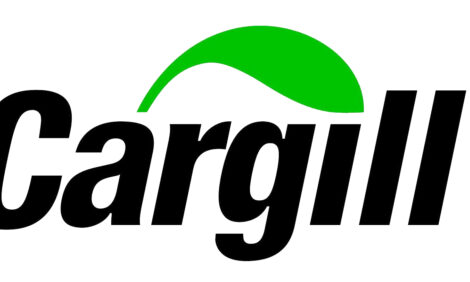



Troubled Times for Iraq's Poultry Industry
IRAQ - The poultry industry in Ninawa province faces collapse due to the withdrawal of subsidies and cheaper imports of poultry meat.Iraq's poultry sector is suffering a sharp decline as it struggles to deal with rises in production costs, a decrease in government subsidies and the competitive prices of imported goods, according to Niqash.
In Ninawa province, more than 60 per cent of poultry farms have been forced to dismiss their workers and close their farms. Across the districts of Ba'sheeqa, Khor Sabad, al-Nuran, and other areas where the industry is located, signs announcing the sale of farms are widespread.
Ninawa's poultry industry infrastructure is the biggest in the northern area. There are more than 200 poultry farms, 12 slaughtering houses, 10 hatchers, 50 feed grain factories and two wholesale market places located across the province.
Awni Juma', a real estate broker from Ba'sheeqa, said that his agency has been approached by six farm owners, all wanting to sell their farms. "Farm owners are looking for other sources of income because of the lack of prospects in the poultry industry," he said.
Agricultural experts say that the entire local industry could be wiped away unless new measures are introduced.
According to Amer Fathi, an agricultural engineer, Ninawa's poultry industry faces "total collapse", blaming the situation on "the sudden lifting of government subsidies".
Prior to 2003, the Ministry of Agriculture provided farmers with subsidised chicks and feed grain, according to Niqash. Additionally, medicine, vaccines and fuel were all subsidised. However, many of these subsidies have been lifted, dealing the farmers a dramatic increase in costs.
"The lifting of government subsidies, without any prior warning, has paralyzed this sector and led many poultry farms to bankruptcy," said Mr Fathi.
At the same time, farmers are facing new pressures from imported Brazilian, Turkish and Syrian chickens, which cost considerably less than the local produce.
In al-Jazaer wholesale market, merchants say that the price of local chicken ranges between US$2500 to $3000 per tonne, while the price of imported Brazilian chicken is $1650 per tonne. Moreover, the price of imported chicken is relatively stable, while domestic prices fluctuate dramatically.
Farmers told Niqash that although the government is aware of the industry's struggles, "It is unwilling to do anything to help."
But, Jafar Sidiq Said, head of Ninawa's agricultural department said that officials were doing everything possible to help poultry farmers. In 2009, the ministry provided farmers with short-term loans and Mr Said says more will be done to help them survive.
Even so, an official at the state livestock services company, who preferred to remain anonymous, said that the problem lies with import restrictions and not domestic agricultural issues. According to the source, poultry products do not face any import restrictions at the moment and they are therefore saturating the local market.
"If the government wants to end this crisis, it should put an end to illegal imports," he told Niqash.








